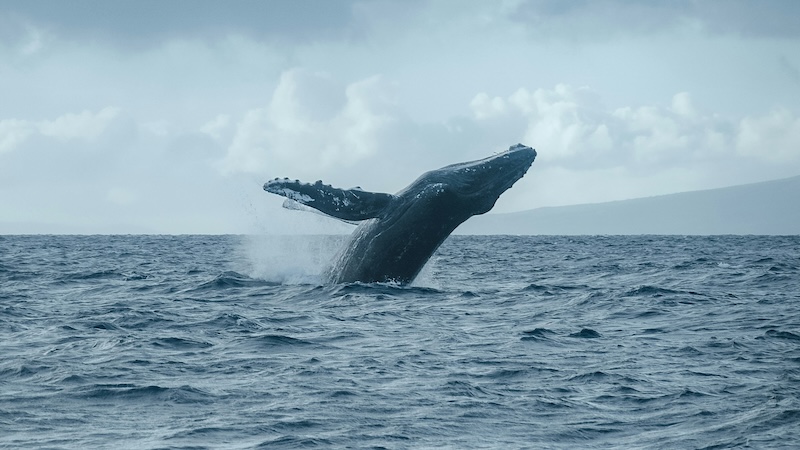City lawyers support pro bono project to grant whales legal personhood

Lawyers from Simmons & Simmons have been supporting the creation of a new legal framework that could transform environmental protection for marine life.
The initiative, Te Mana o Te Tohorā (The Enduring Power of Whales), aims to establish whales as legal persons, granting them rights that recognise their ecological importance and sentience. Developed in collaboration with the Pacific Whale Fund and Ocean Vision Legal, the project represents a significant step forward for the giants of the ocean in environmental law.
The proposed legislation builds on the He Whakaputanga Moana (Ocean Declaration), a treaty signed by Pacific Indigenous leaders earlier this year, which first granted whales and dolphins legal personhood in the Pacific Islands.
Simmons & Simmons, which has been supporting the project pro bono, hopes the frameworks will pave the way for nations to adopt similar protections, bridging Indigenous environmental values with global legal systems.
These frameworks centre on the concept of a “legal person” — an entity acknowledged as having “standing” within the judicial system. Traditionally, this status has been reserved for humans, community organisations, and corporations. Granting this designation to whales represents a groundbreaking shift, acknowledging the value of non-human life and redefining how the law engages with the natural world.
“This legislation challenges traditional legal frameworks by recognising whales as sentient beings with intrinsic value,” said Rob Allen, a partner at Simmons & Simmons. “It builds on existing protections for cetaceans, offering a more comprehensive approach to safeguarding their habitats and acknowledging their complex ecological roles.”
Michelle Bender of Ocean Vision Legal, who helped draft the bill, explained its holistic approach: “By integrating Indigenous perspectives, Te Mana o Te Tohorā offers innovative solutions to protect whales while recognising the crucial role of Indigenous peoples in ocean conservation.”
The initiative’s London launch carries significant symbolism due to the city’s historical ties to the whaling industry. Mere Takoko, chief executive of the Pacific Whale Fund, emphasised the poignancy of developing the bill near the River Thames, a former centre of the whale oil trade.
“Historically, European powers, including Britain, contributed to the decline of whale populations,” Takoko said. “Presenting this legislation in London represents an important act of reconciliation and a step towards building stronger alliances for ocean conservation.”
While the initiative has been widely praised, questions remain about how legal personhood will be implemented across jurisdictions. Whales’ migratory nature exposes them to varying levels of protection, and achieving consistent enforcement will require international cooperation.
Simmons & Simmons and its partners hope the legislation will encourage nations to align their conservation policies and strengthen protections for marine life.
The Te Mana o Te Tohorā initiative reflects a growing recognition of nature’s rights within legal systems. New Zealand’s Te Awa Tupua Act 2017 gave the Whanganui River legal personhood, a settlement reflecting years of negotiations between the Māori and the government under the Treaty of Waitangi. Similarly, New Zealand’s Te Urewera National Park was granted personhood in 2014, giving it legal standing to protect its forests, mountains, and lakes.
